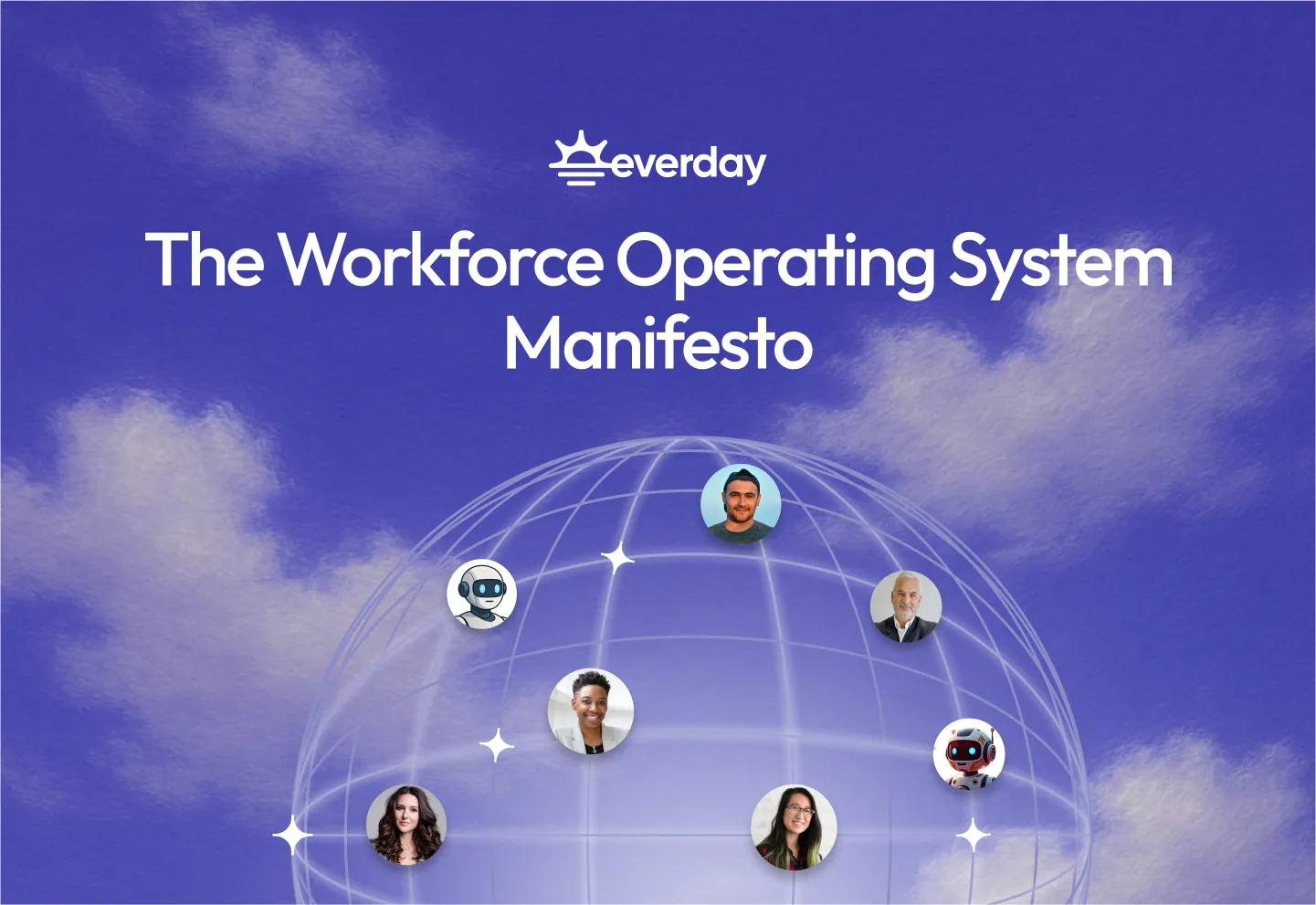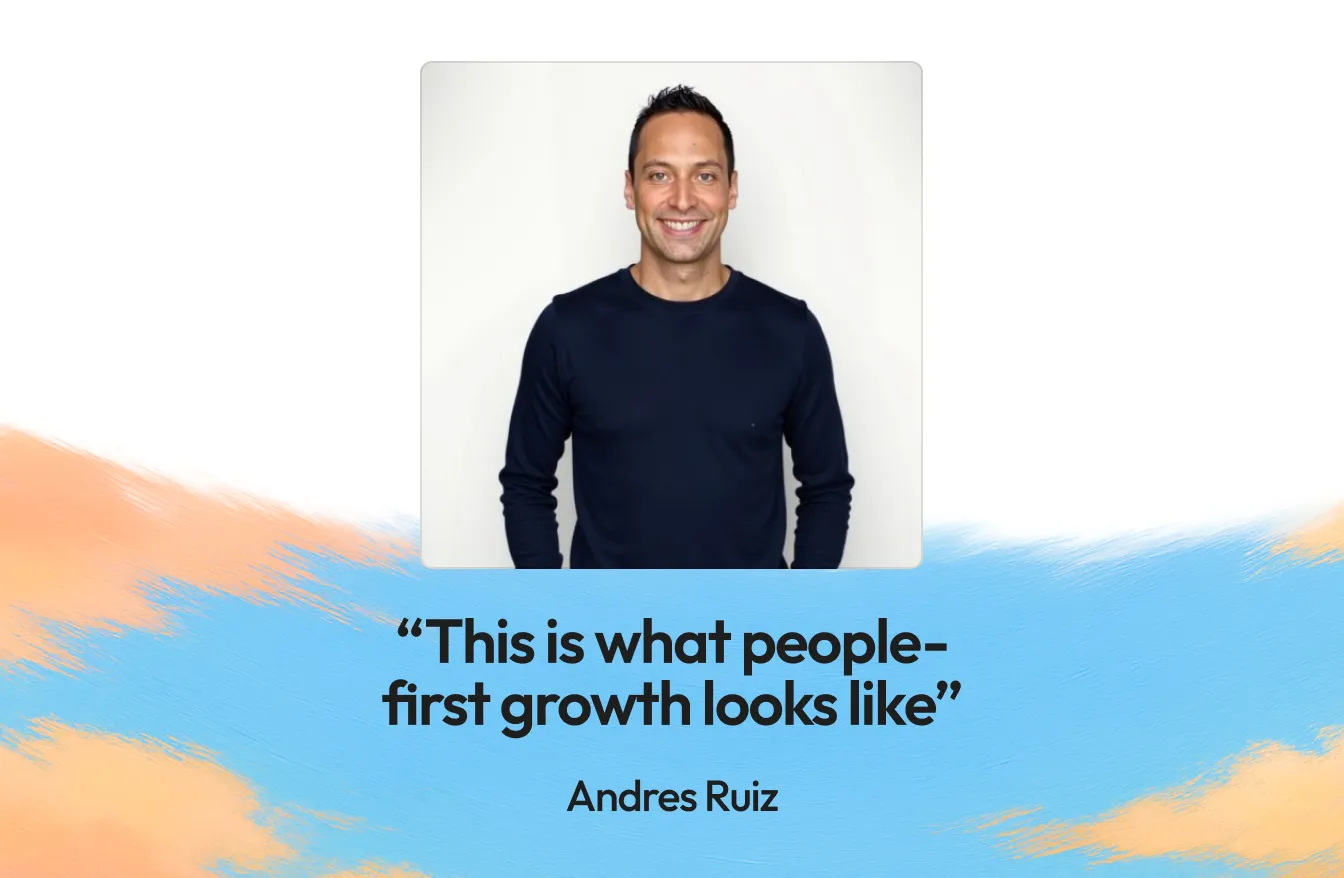
In today’s fast-paced business world, the way organizations think about work is changing. Traditional job roles are giving way to more flexible, skill-based models that prioritize adaptability and a mindset of continuous learning. In today’s article, we will dive into how companies are shifting from rigid job descriptions to dynamic skill sets and what that means for employers and employees.
The traditional job role model
In the past, organizations designed work around specific job titles and responsibilities. This approach:
- Created a static work dynamic for both employers and employees
- Lacked alignment between recruiter and manager expectations
- Often failed to provide an updated version of the real and latest role requirements
However, with the pace of change increasing, this model is changing.
Why the shift?
Several factors are pushing companies to rethink how they structure job roles:
- Rapid tech advancements: AI, automation, and new technologies are changing the way work gets done and how fast we need to learn.
- Shifting market demands: Companies need to stay agile to keep up with evolving customer needs, market trends and industry requirements.
- Employee expectations: People want more flexibility, room for growth, and a clear way to see their next step in their career.
- Skills gaps: Traditional hiring methods often miss the mark when it comes to finding the right skills for new and evolving roles.
The move to skills-based models
Organizations are shifting towards a skills-based approach by:
- Breaking down jobs: Focusing on the tasks and skills needed for each role instead of fixed job titles.
- Prioritizing outcomes: Defining work based on the problems to solve or the value to create, not just a list of duties.
- Emphasizing adaptability: Valuing people who can pick up new skills quickly instead of titles and hierarchies.
- Encouraging continuous learning: Promoting skill development as a constant part of work, rather than sticking to static roles.
Why skills-based models make sense for companies and employees
This shift comes with a lot of benefits:
- More flexibility for companies: Skills can be reassembled quickly to meet changing needs.
- Better talent acquisition: A broader approach helps find people with diverse skills and experiences.
- Stronger employee growth: More opportunities for career development and movement within the company.
- Greater diversity and inclusion: Reducing the emphasis on traditional credentials opens doors for more candidates.
- Alignment with tech advancements: Prepares teams to collaborate with AI, automation and latest technologies.
Making the shift to skills-based work
To make this transition successfully, organizations should:
- Build a skills inventory: Understand the skills already in the team, the ones needed based on their goals and identify any gaps.
- Form skill-based teams: Build cross-functional teams that bring different skills together.
- Promote knowledge sharing: Create opportunities for mentoring and learning across departments.
- Align training with skills needs: Offer programs that develop skills people need now and in the future.
- Leverage technology: Use tools that help map skills and match people to new opportunities internally.
- Keep an eye on the latest trends: Use tools that can help you stay on track with the latest skills your company needs to keep thriving.
Navigating challenges
Shifting to a skills-based model comes with its own set of challenges:
- Cultural resistance: Some teams may see these changes as a threat to traditional hierarchies. Make sure to start with the benefits that this will bring to their career development, like faster access to new opportunities and unbiased decisions.
- Complex skills assessment: Traditional assessments are often considered boring, tedious, and a waste of time. Ensure your team becomes familiar with easy and engaging assessments that provide immediate visualization of their skills so they can perceive the value of it.
- Training resources: Help your team complete the learning cycle by providing necessary content or facilitating access to mentoring and peer learning. This ensures your team feels supported with time and resources from the company for their development.
Looking ahead
The shift from traditional roles to skills-based work is accelerating. Organizations that embrace this change will be better positioned to:
- Attract and retain top talent that aligns with their organizational goals, mission, and values.
- Innovate and stay competitive by ensuring their company has the latest required skills.
- Adapt quickly to market changes and disruptions with a team that has a mindset of continuous growth and learning.
By fostering a culture that values continuous learning and adaptability, companies can build a resilient workforce ready to thrive in the digital age.
The transition from rigid job roles to flexible skill sets represents a fundamental shift in our perception of work. While challenges exist, the benefits in productivity and growth—for both organizations and individuals—are enormous. As the work landscape evolves, those who continue to learn, upskill, and adapt will be best positioned for success.
Everday empowers your organization with skill insights
Empower your organization by aligning current skills with future needs. Everday provides dynamic visualisation and strategic alignment to keep you ahead.
14 day free trial, no credit card needed

Get your entire company's skill matrix
Everday's AI-powered skills mapping builds your company's skills matrix faster, and with greater accuracy than creating it manually with the traditional spreadsheets.

14 day free trial, no credit card needed








